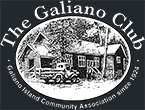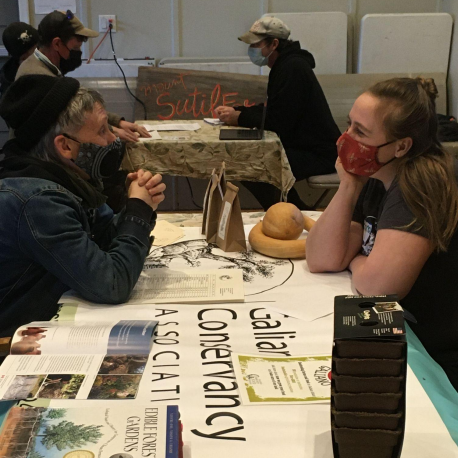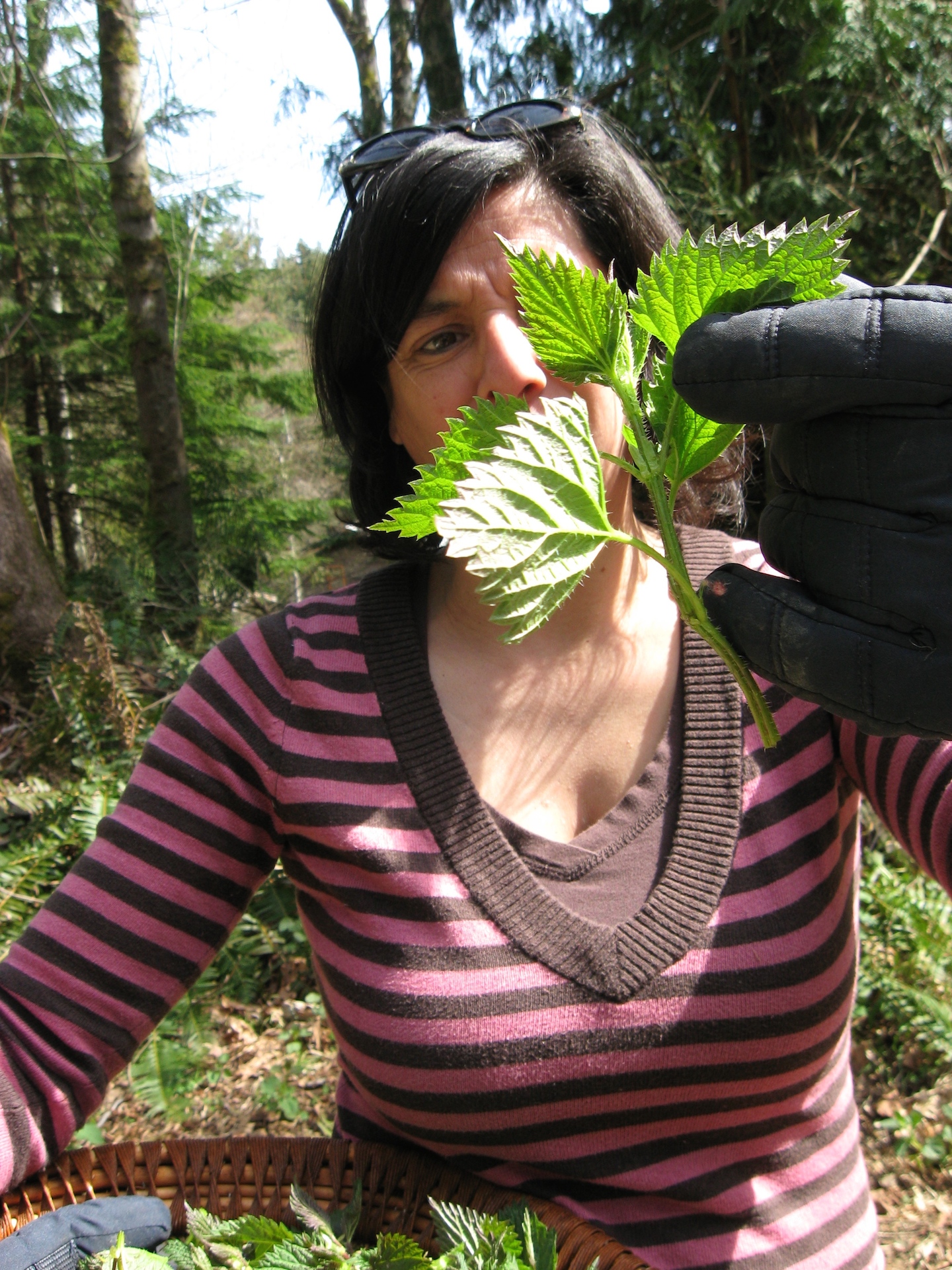by Alison Colwell
Right now, getting outside could offer some fresh air and needed distraction. Just remember your social distancing!
Foraging wild food is one of our most primal activities, up there with discovering who left those tracks in the sand and learning how to build a fire. And if you can tell the difference between kale and lettuce, you will be able to identify plants and mushrooms in the wild. Foraging can be as simple as picking blackberries at the edge of the road or hiking through Bluffs Park looking for mushrooms. The more we use wild spaces to explore and forage in, the more connections we develop to our foods and the place we call home.
Come spring, stinging nettles are among the first edible plants to burst from the ground in the Galiano, then miner’s lettuce, blackberries in the late summer and chanterelle mushrooms in the fall, foraging oysters from Retreat Cove in the winter. Food surrounds us on our small island, if we know where to look. Once I learned to tap maple trees, boiling down the sap, making enough syrup for one Sunday breakfast.
Not only are foraged plants tasty, free, fresh and a good way to connect you to the place we live, they can also be good for you. Stinging nettles are high in vitamin C and calcium. Food is a necessity and also the glue that binds our community together, one neighbour to the next. So get a good book, or better, go out with an experienced friend. We all need to learn, and in learning we can save both the food and the environment it lives in, and preserve the knowledge that teaches us what to eat: grand fir tea, sword fern roots, thistle stems, nori, salmonberry, Oregon grape, to start.
Picking plants should be done in moderation. It is good to leave a bit behind for birds, deer, and slugs to feed on. Sustainable harvesting is important to remember to prevent inadvertent over-picking. There may be a lot of a plant growing in one area, but this doesn’t mean that it is abundant everywhere. Compensate for what you harvest by giving back to the land, by spreading seeds, removing invasive species and reintroducing natives, all while minimizing your footprint to maintain the health of the ecosystem. And never ever take more than you can use.
(At time of printing, we’re expecting to postpone the potluck and cooking class portions of Nettlefest for this year. Stay tuned to our newsletter for more information.)




Leave A Comment
You must be logged in to post a comment.